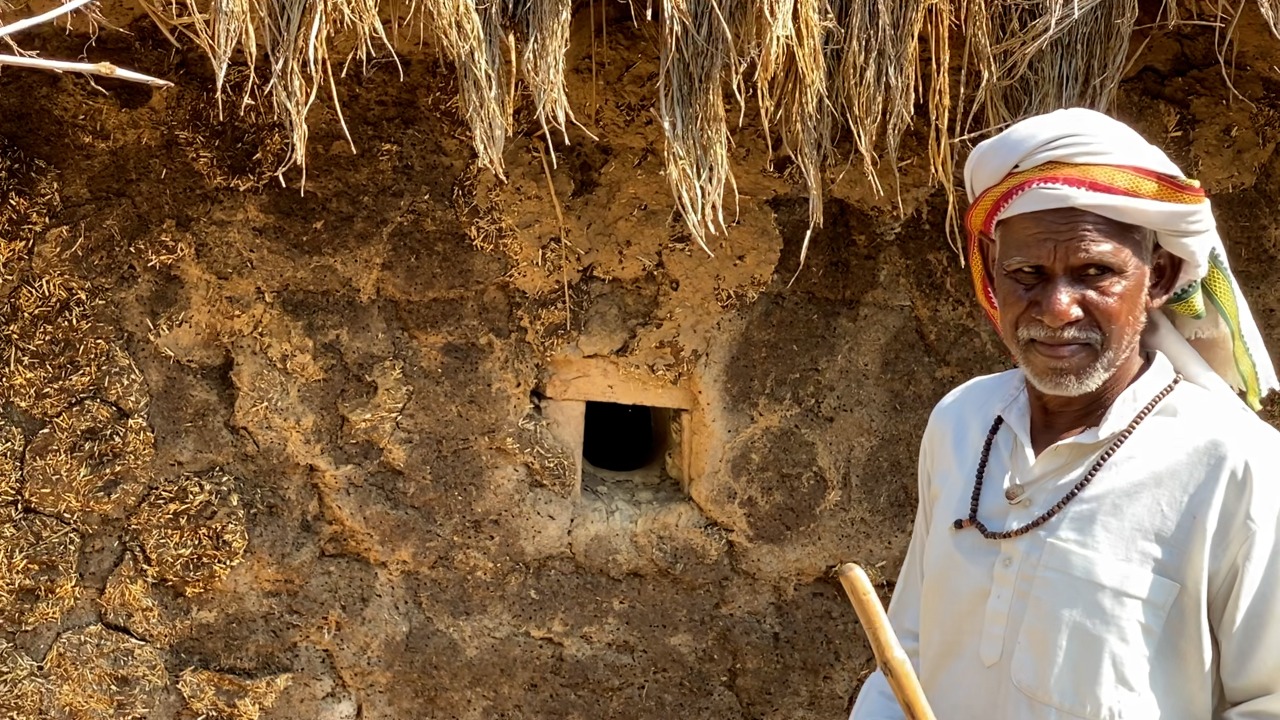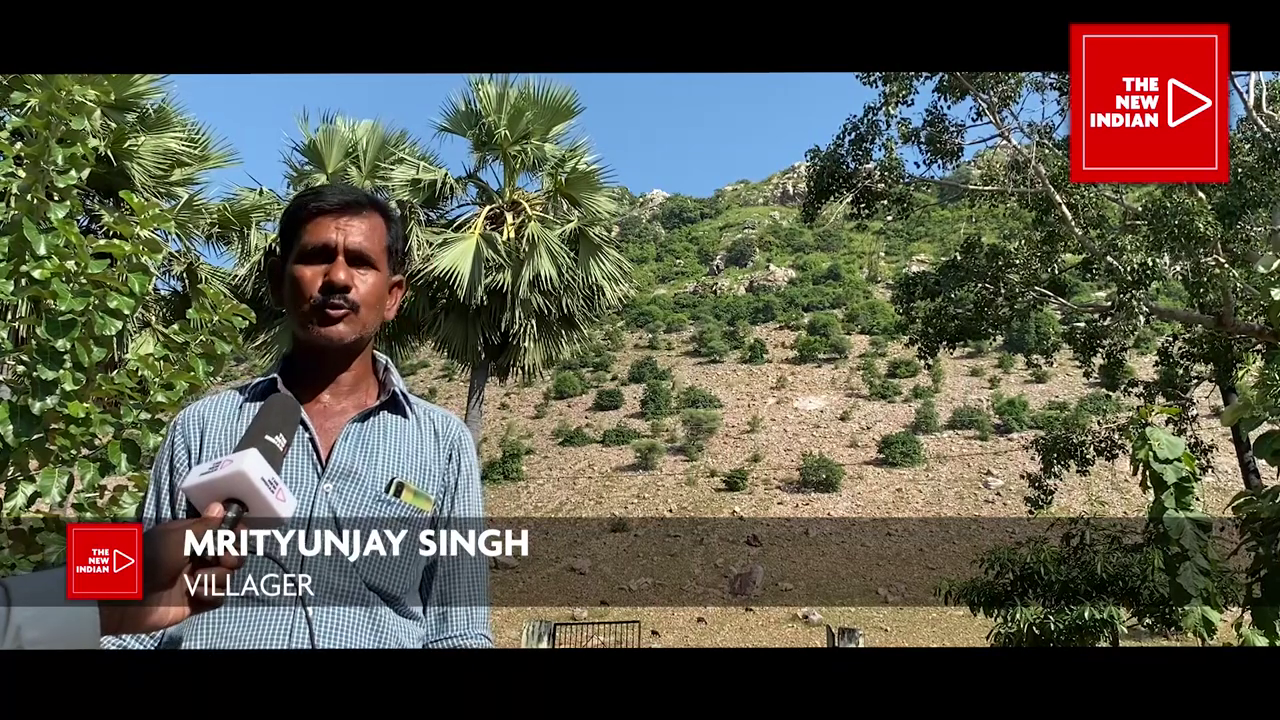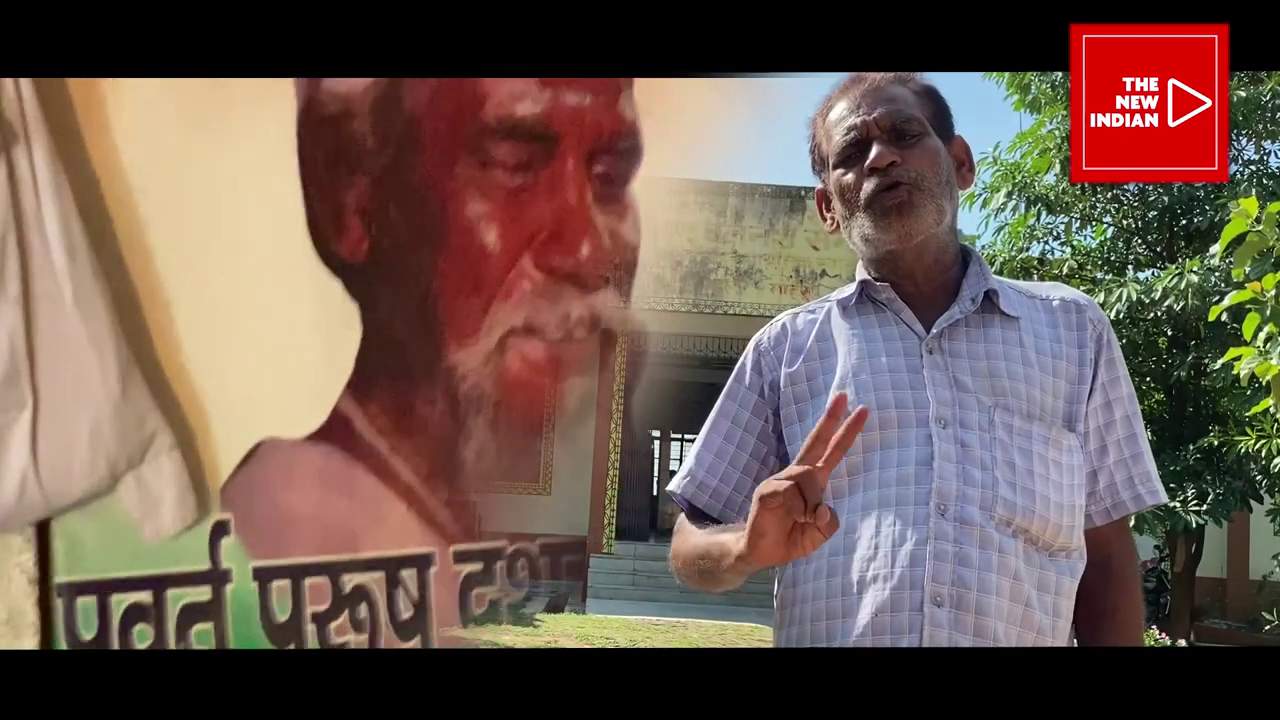NEW DELHI: On a long, winding stretch – overlooked by the towering hills on the right — in Bihar’s Gehlaur, it is hard to miss Dashrath Manjhi’s bust. Manjhi, who once earned the sobriquet of mountain man of India, remains Gehlaur’s mentor, inspiration, guide and friend even 14 years after his death.
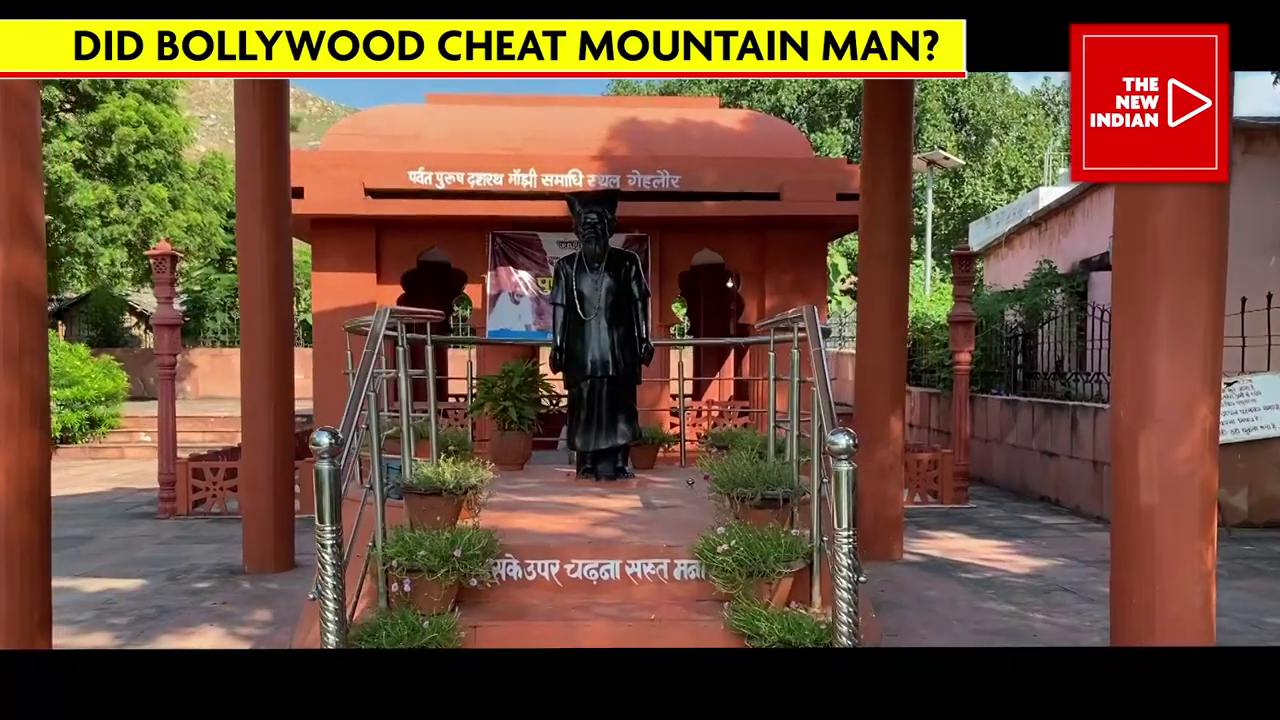
After all, the diminutive man, who once set out on a mission to cut the very same mountains – that became an obstacle to find medical assistance for his pregnant wife – to find a road, became the village’s hope to bring a raft of key livelihood and ancillary support projects. His wife Falguniya had fallen off a gigantic rocky hill in 1959, leading to his tragic death while he was working as a day labourer. It took him 22 years to cut through those rocks and hills to connect his village Gehlaur to Wazirganj, a small hamlet town that stood 55 km far then due to treacherous routes while villagers had to go buy daily local supplies, find medical aid or to educate. The distance was reduced to 15 kilometres after Manjhi built a road here as anger against the then succesive governments under Jawahar Lal Nehru and Indira Gandhi at Centre and in Bihar.
Right behind his bust, Dashrath’s son, Bhagirath sits on a charpoy outside the old house with his son. His eyes give away betrayal at the hands of Bollywood.
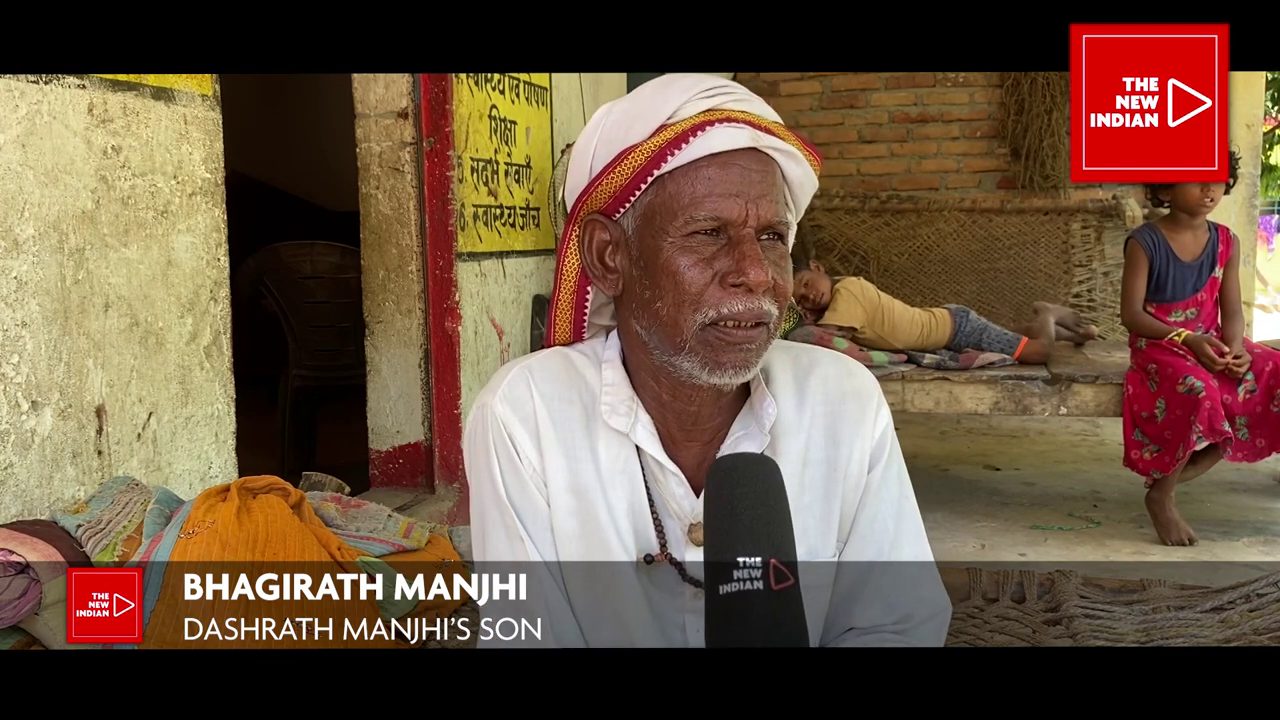
“The filmmakers gave me Rs 1 lakh (while acquiring the permissions) and promised to pay two per cent from the profits. But I haven’t heard from them since. Ketan Mehta (director of the film) has failed to honour the commitment he had made to us,” Bhagirath rues.
The biopic based on Dashrath, starring Nawazuddin Siddiqui and Radhika Apte, was released in 2015. The producers, while acquiring the rights for the film, had promised the family 2 per cent fee from the film – a promise that is yet to be fulfilled, claims Bhagirath.
The film continues to remain a firm favourite among biopic lovers. It brought in decent profit for the makers and was even made tax-free in some states, including Bihar.
Manjhi, as he rummages through his father’s belongings, can barely hide his tears as he brandishes the axe that was used to tear into the mountains. “What my father did was unthinkable. He used to do farming in the day and then from evening till next morning, he would break the mountain. People mocked him at first, called him senile. But, once he removed all the obstacles, they started believing him,” he says.
“There is no way that I can chase them (for the money). How is a poor man like me supposed to go to Mumbai? I don’t have that kind of money,” Bhagirath adds. The Bollywood team had even camped in the village for a month for the shoot, he shares.
He surprises as he heaps praises on CM Nitish Kumar for having set up projects including a primary school, hospital and a COVID vaccination programme recently. His family is even more effusive.
“We owe it to Nitish Kumarji alone for bringing Baba’s story to the world,” says Mithun, Manjhi’s grandson-in-law. “In 2007, when Baba was ill, he (Bihar CM) helped with the medical treatment and covered all expenses for us — from Bihar to Delhi at All Indian Institute of Medical Sciences (AIIMS).
Later, he fulfilled all the demands made by baba, such as setting up of a hospital, roads, schools, bridges for the village,” he adds.
The Bihar government also gave the family five acres of land that serves as a major source of income to them. The village today has a decent approach road and basic facilities such as electricity, a small hospital, a police outpost and a primary and middle school. In fact, during the second wave of Covid-19 pandemic, the primary school was used as the quarantine centre.
However, as the village’s population has increased, so has demand for infrastructure since the days when Manjhi senior set out on a mission. “The pandemic has made us realise that now we need a bigger 24×7 hospital in the village. The one that is there is functional for only half a day,” points out Manjhi’s grandson-in-law.
Former Lok Sabha MP and RJD member, Rakesh Ranjan aka Pappu Yadav, also provided financial help of Rs 1 lakh to the family and got a memorial with Manjhi’s statue built near his ancestral house. The family wants India’s highest civilian award, Bharat Ratna, be conferred upon Manjhi for his work.
Meanwhile, Dashrath Manjhi’s spirit lives on in the village inspiring others to follow their dreams and make a difference.
In a year when COVID has brought the village closer, the locals think that Manjhi’s stardom can get them a 24 X 7 medical facility apart from getting the money back from Bollywood.
“Even after his death, we believe that he continues to generate both respect and fear. We have lot of hopes from Niitsh Kumar ji and we believe in a year when COVID has forced us to live in a state of emergency, we want to have a hospital where midnight admissions can take place. We are happy though that we all got vaccinated here because Dashrath had brought so much development during his life and after that,” says Mrityunjay Kumar, a local.
Some locals dutifully write praises on trees and poems in Dashrath’s remembrance.
One such local Chandabhan , sings an elegy, for The New Indian,” The Dashrath dhun ke pakke, duble pale jata badaye, sada bagel jhola latkaye, the we nate nad ke, pita mango nana matiya, falguni jeevan sathiya, (Dashrath was a man of fixation, determination and iron -will. He was diminutive and had slim frame, always carrying a bag, devoted to his parents and wife, and country)



